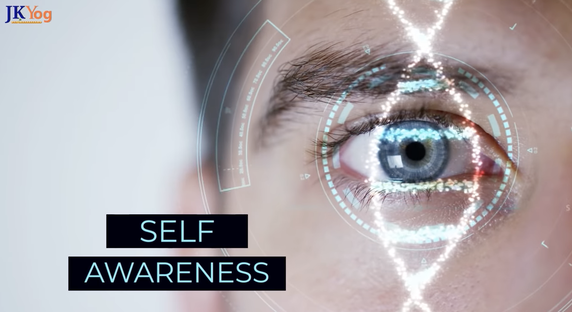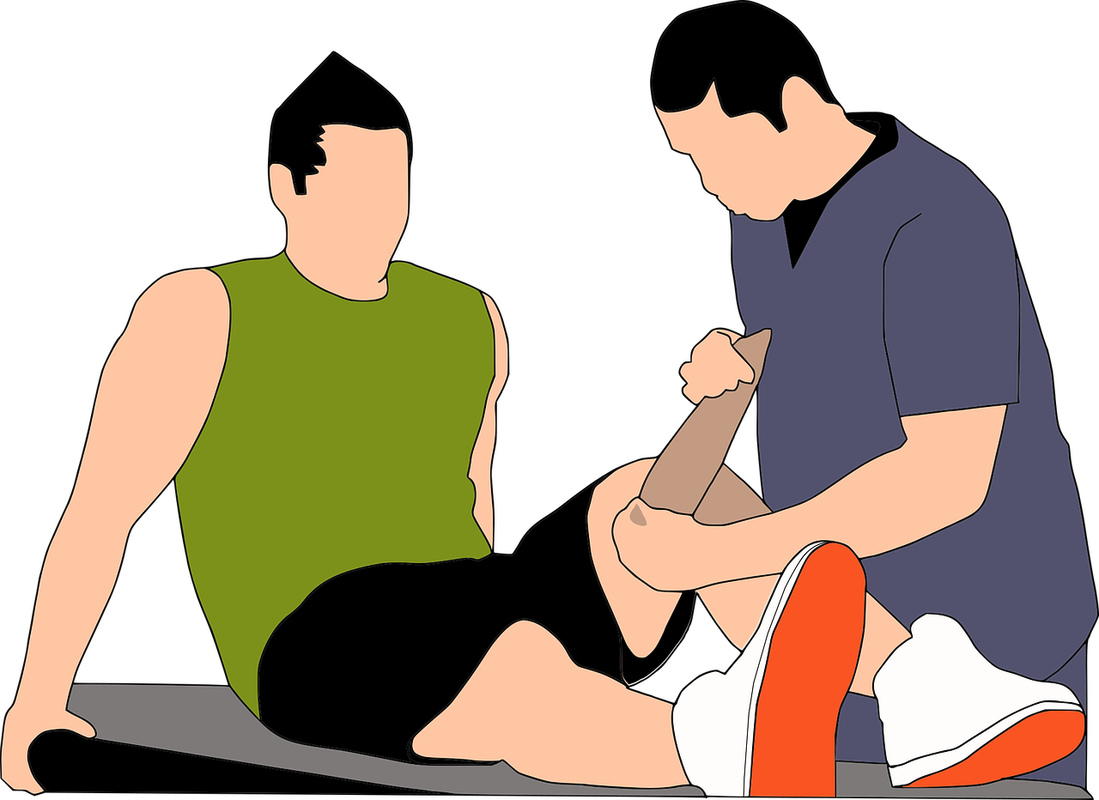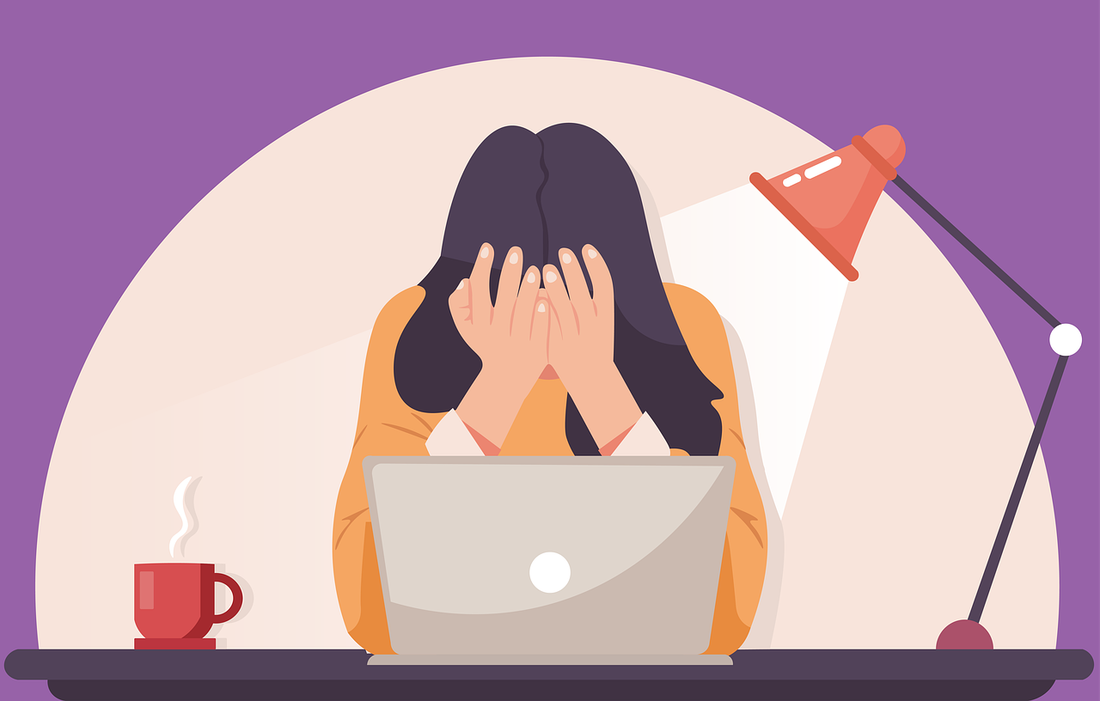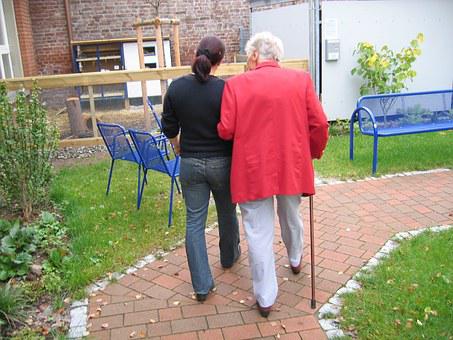|
0 Comments
In today’s digital world we are constantly connected to both our business and personal life through our smartphones, and it can be extremely hard to have a balanced lifestyle. And even for entrepreneurs who like to pour their heart and soul into their businesses, keeping their personal life separate should still be a priority.
Why keep them separate? There are many reasons why you should keep your personal and work life separate.First of all, it’s important for your mental health. Not having a work-life balance can cause stress, which can lead to burnout, and even mental health disorders, which is sadly very common among entrepreneurs. Throughout Brainscape's Academy, we've shown you a myriad of ways you can improve and optimize your brain health by eating the right foods, using exercise to power productivity, and beating bad sleep habits. Activities like puzzles or learning a foreign language have also been shown to keep your brain sharp.
But what about chess, which was recently made extremely popular by the 2020 series, The Queen's Gambit? Chess is a game typically associated with intelligence and a keen grasp of strategy. But can playing chess make you smarter? As it turns out, yes! If you’re already a chess lover, this article will open your eyes to all the wonderful things it's doing for your brain. If you’re not yet, it might just motivate you to start. So, with that said, here are 10 ways that chess can actually make you smarter... Between walking, standing and exercising, your feet can put in some long hours. So what can you do to soothe sore, tired, aching feet?
Some causes of foot pain can be relieved through stretching exercises, orthotics, well-fitting shoes and other preventive steps, said W. Marc Leonard, DPM, an OSF HealthCare podiatrist. Four trends and opportunities that will drive healthcare in Asia over the next decade (www.dksh.com)4/29/2022 Asia’s healthcare ecosystem is at a tipping point. - According to Bain & Company, Asia is experiencing a huge demand for healthcare due largely to a rising aging population and more chronic illnesses. Over the next decade, Asia will contribute over 60 percent of the global increase in population who are over 65 years old and will become home to over 250 million adults with diabetes.
Asia is already facing a critically constrained supply of medical services with less than one doctor per 1,000 population and less than two hospital beds per 1,000 population. As such, healthcare providers need to increase accessibility, improve affordability and deliver quality outcomes to patients. In the case of emergencies and crises like this current pandemic, the healthcare ecosystem certainly needs to adapt and accelerate the trends and opportunities. As such, we expect these four areas to be the key drivers for the industry in Asia over the next decade. Have you ever wondered why your leg kicks when the doctor taps your knee with that little rubber hammer? It's because of your reflex.
What's a Reflex? A reflex is an involuntary (say: in-VAHL-un-ter-ee), or automatic, action that your body does in response to something — without you even having to think about it. You don't decide to kick your leg, it just kicks. There are many types of reflexes and every healthy person has them. In fact, we're born with most of them. If you’re stressed and sore, you may think there’s nothing you can do but take some over-the-counter pain relievers and plow through your day. But licensed massage therapist, Victoria Bodner, LMT says you don’t have to grin and bear it.
Massage is a great tool for relaxation, pain relief, easing muscle tension and more, says Bodner. She filled us in on some of the common types of massage — and how to find the one that’s right for you. Taking care of your long-term mental and physical health is an important part of stress management. However, there isn’t always time to take a nap, hike a fourteener, or read a novel. Thus, here are 25 ways to reduce stress in five minutes or less. From eating chocolate to meditating, there is a quick stress-relieving tactic for everyone.
Memory loss that disrupts daily life may be a symptom of Alzheimer's or other dementia. Alzheimer's is a brain disease that causes a slow decline in memory, thinking and reasoning skills. There are 10 warning signs and symptoms. If you notice any of them, don't ignore them. Schedule an appointment with your doctor.
|
The FDF LifestyleThis page includes blogs, healthy articles, inspiring pictures, exercise tutorials, music, etc. No content on this site, regardless of date, should ever be used as a substitute for direct medical advice from your doctor or other qualified clinician. Archives
April 2024
Visit this section daily to become more healthy and positive.Strengthen your mind by consistently learning new information.
New articles are uploaded throughout the week. |
Live |
Life |
To |
The |
Fullest |
Family Dreams Fitness LLC (www.familydreamsfitness.com) is not responsible or liable for any advice, course of treatment, diagnosis or any other information, services or products that you obtain through this site. You are encouraged to consult with your doctor with regard to this information contained on or through this website. After reading articles, watching videos or reading other content from this website, you are encouraged to review the information carefully with your professional healthcare provider.
You should understand that when participating in any exercise or exercise program, there is the possibility of physical injury. If you engage in any exercise or exercise program on this website, you agree that you do so at your own risk, are voluntarily participating in these activities, assume all risk of injury to yourself, and agree to release and discharge Family Dreams Fitness LLC from any and all claims or causes of action, known or unknown, arising out of Family Dreams Fitness LLC.











